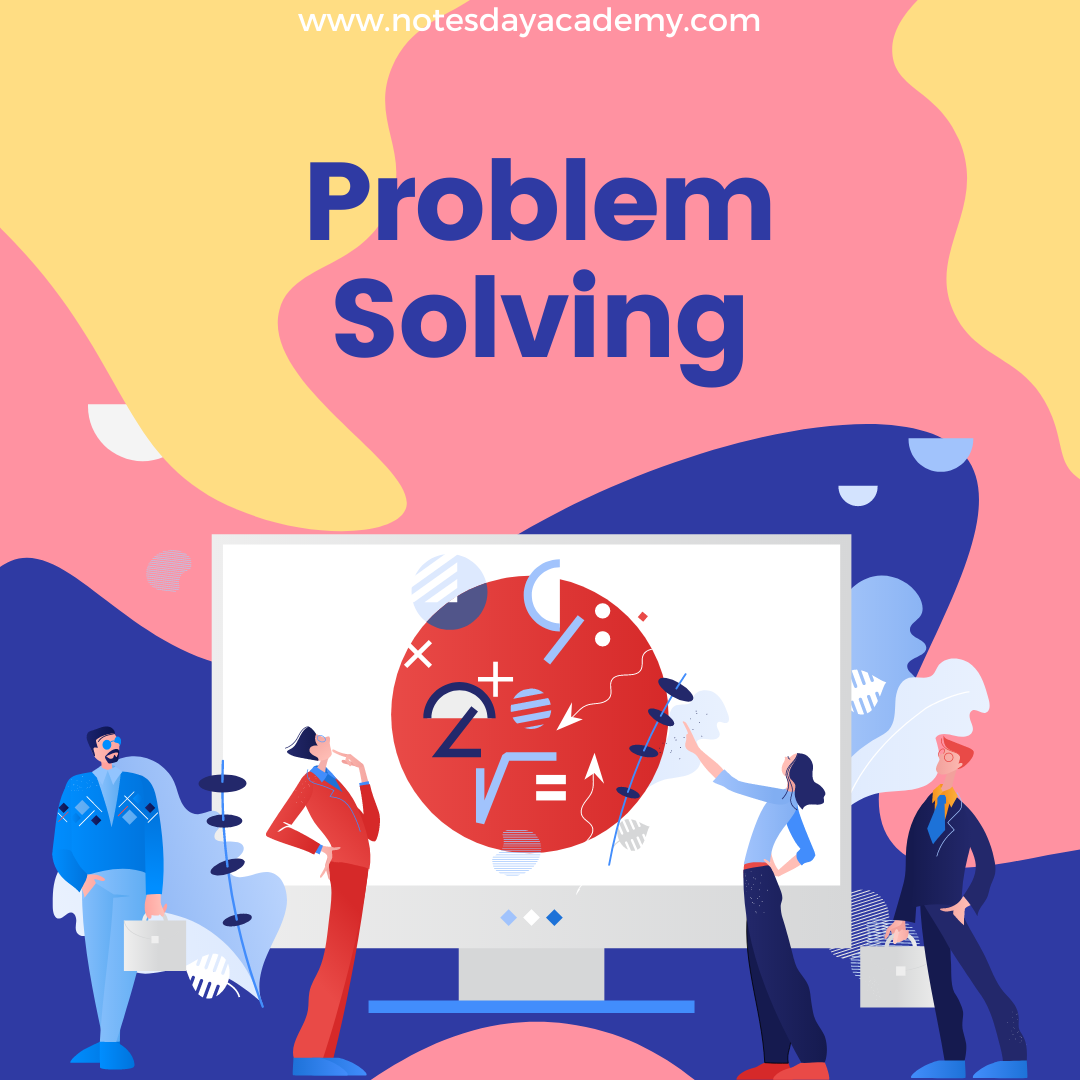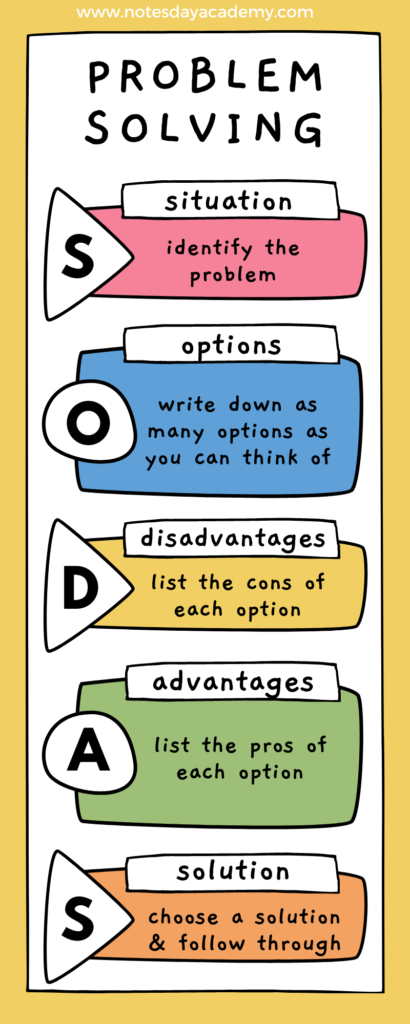key skills to being a problem solver
Effectively solving problems is a valuable skill in any industry and profession. Whether you are a team leader, a manager, or an entry-level employee, the ability to identify and solve problems can help to improve the performance and efficiency of your team or organization.
Today we explore some key skills essential for being a successful problem solver.
Critical Thinking - think of options and new ways as a problem solver
Critical thinking is the ability to objectively analyze information and situations and identify patterns and trends. It is a crucial skill for problem-solving, as it allows you to identify the root cause of a problem and develop effective solutions.
Case Study: A great example of a leader who used critical thinking to solve problems is the former CEO of Apple, Steve Jobs. He was known for his ability to analyze complex problems and identify innovative solutions, which helped to make Apple one of the most successful technology companies in the world.
Creativity

Creativity is the ability to come up with new and unique ideas. It is an important skill for problem-solving, as it allows you to approach problems from different angles and come up with solutions that are outside the box.
Case Study: A great example of a leader who used creativity to solve problems is the former CEO of Virgin Group, Richard Branson. He is known for his ability to come up with unique and innovative solutions to problems, which has helped to make Virgin Group one of the most successful and diversified companies in the world.
Communication
Effective communication is the ability to clearly and effectively convey information and ideas. It is an important skill for problem-solving, as it allows you to collaborate and work with others to find solutions.
Case Study: A great example of a leader who used effective communication to solve problems is the former CEO of Airbnb, Brian Chesky. He effectively communicated the value proposition of Airbnb to both customers and investors, which helped to quickly grow the company and solve the problem of a lack of affordable accommodation options.
Emotional Intelligence
Emotional intelligence is the ability to understand and manage one’s own emotions and the emotions of others. It is an important skill for problem-solving, as it allows you to manage stress and conflicts and to collaborate and work effectively with others.
Case Study: A great example of a leader who used emotional intelligence to solve problems is the former CEO of General Electric, Jack Welch. He was known for his ability to manage conflicts and build strong teams, which helped to make GE one of the most successful and profitable companies in the world.
Adaptability
Adaptability is the ability to change and adapt to new information and situations. It is an important skill for problem-solving, as it allows you to respond quickly to and address new problems as they arise.
Case Study: A great example of a leader who used adaptability to solve problems is the former CEO of Amazon, Jeff Bezos. He was known for his ability to quickly adapt and pivot the company’s strategy in response to new market trends and competition, which helped to make Amazon one of the most successful and innovative companies in the world.
How to Develop Problem-solving Skills

Developing problem-solving skills is not something that happens overnight, but it is a skill that can be learned and honed over time. Here are some tips for developing problem-solving skills:
Practice critical thinking: Learn to objectively analyze information and situations and identify patterns and trends.
Encourage creativity: Create an environment that encourages new and unique ideas.
Improve communication skills: Learn to clearly and effectively convey information and ideas.
Practice emotional intelligence: Understand and manage one’s own emotions and the emotions of others.
Develop adaptability: Be open to change and new information, quickly adapt and pivot to new problems.
Seek feedback: Ask for feedback from your team members, colleagues, and superiors to understand how you are perceived and areas where you can improve.
Network with other problem solvers: Attend industry events, join professional organizations, and connect with other problem solvers in your field.
Prioritize learning and development: Invest time and resources in learning and development opportunities to acquire new skills and knowledge.
Conclusion
Being a successful problem solver requires a combination of critical thinking, creativity, communication, emotional intelligence, and adaptability. By developing these skills, you can help improve your team or organization’s performance, efficiency, and effectiveness.
It’s important to approach problem-solving holistically, utilizing all of these skills together to find the most effective solutions.
It’s important to continuously strive to improve your problem-solving skills through learning and development opportunities, seeking feedback, and networking with other successful problem solvers.
By sharpening your skills in this area, you can become a valuable asset to any team or organization and play a key role in driving success and innovation.
Notesday Academy offers professional development courses that let you hone and harness all the important skills you require to boost your career.
Click here to speak with our representative and scale new heights in your professional and personal development!
Follow Notesday Academy
Topic Categories
Get the latest updates
Sign up for our most recent posts
Take out some time to read. No spam, we will email you when a new post is published.




